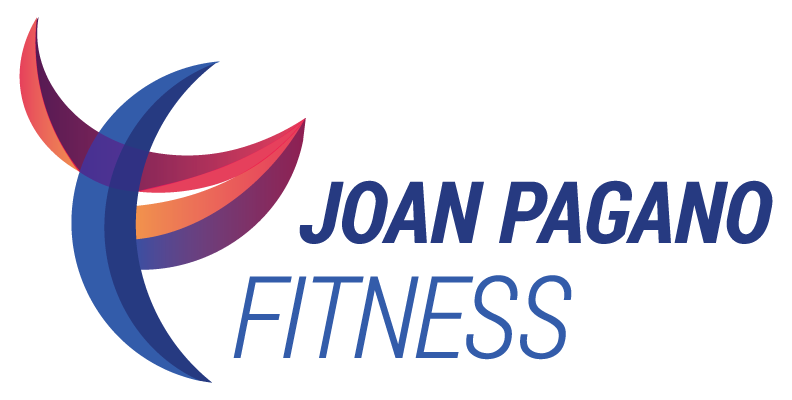Is the Decline of Old Age Inevitable? Is it Too Late to Fix My Body?
"I am helping my elderly parents cope with the changes occurring as they are getting older. It bothers me to see them struggling to maintain their independence. Is it ever too late to begin exercising? Is it safe for them to start at this advanced age?"
It is never too late to start exercising and the earlier you begin the longer you will benefit. If you take charge of your fitness in your 50s, you can prolong an energetic lifestyle into advanced age. According to the latest research, those who are most fit in their 40s and 50s are less debilitated in old age.
Regular participation in cardio, strength training, stretching and balance exercises can delay and may even prevent a loss of physical abilities well into your 90s. Furthermore, regular physical activity has been shown to be the most effective approach to combating cognitive decline.
Here's what Christine shared about her own experience with her mother:
“I spent the day with my mother on Sunday and I saw firsthand the positive effect that walking has had on her mobility. A year ago my son-in-law had to carry her up the steps of their brownstone. Sunday she was able to go up on her own, one step at a time and carefully, but fully independent! Really miraculous. I had hesitated to bring her to NYC because of those steps and now feel comfortable to bring her any time.”
Her mother's walking program has changed her life.
Strength Training is Key
Experts in the field of aging and gerontology have determined that while genes can play an important role in health in the early years, your behaviors and lifestyle account for a full 70% of how well you age in the adult years. They've also found that exercise, and specifically strength training, is the key lifestyle factor in active aging.
Strength training is the technique of applying resistance to the muscles to stimulate growth (hypertrophy) of the muscle fibers and increase circulation to them. The resistance can be using your own body weight (as in a squat or a push-up); weight training machines; free weights; and other types of equipment like stretch bands and tubes, weighted balls and bars.
Studies show that even people in their 90s with chronic diseases can improve their strength by a stunning 175%, and their walking speed and balance by 48%. Updated physical activity recommendations by the American Heart Association and the American College of Sports Medicine now endorse strength training to:
- Reduce stress on joints, bones and muscles
- Enhance stability and reduce the risk of falls
- Increase the ability to meet the demands of daily life like rising from a chair, climbing stairs and opening jars.
The Perks of Being Strong
Being strong enables you to maintain an energetic lifestyle, to continue doing all the necessary and pleasurable activities you benefit from. It might be traveling, cooking, gardening, playing sports or conducting business. Perhaps it's just being able to go out and about in town – driving, shopping, going to movies, museums and restaurants.
Strengthening exercises reinforce the physical abilities you need in order to be able to do these things, such as:
- Walk distances
- Climb stairs
- Lift and carry heavy objects
- Get down to and up from the floor
- Reach for things safely
- Get in and out of a car
Strength training makes you stronger, more stable, more active and energetic. It allows you to be more self-sufficient and independent as you age. And most encouraging of all, muscle mass and strength can be regained no matter what your age and fitness level.
Your individual exercise program is not based on age but is instead tailored to your starting level of fitness, your medical history and your objectives and goals. A program of regular, moderate physical activity that includes strength training will preserve a more youthful functional age and increase your capacity for life at any age.


